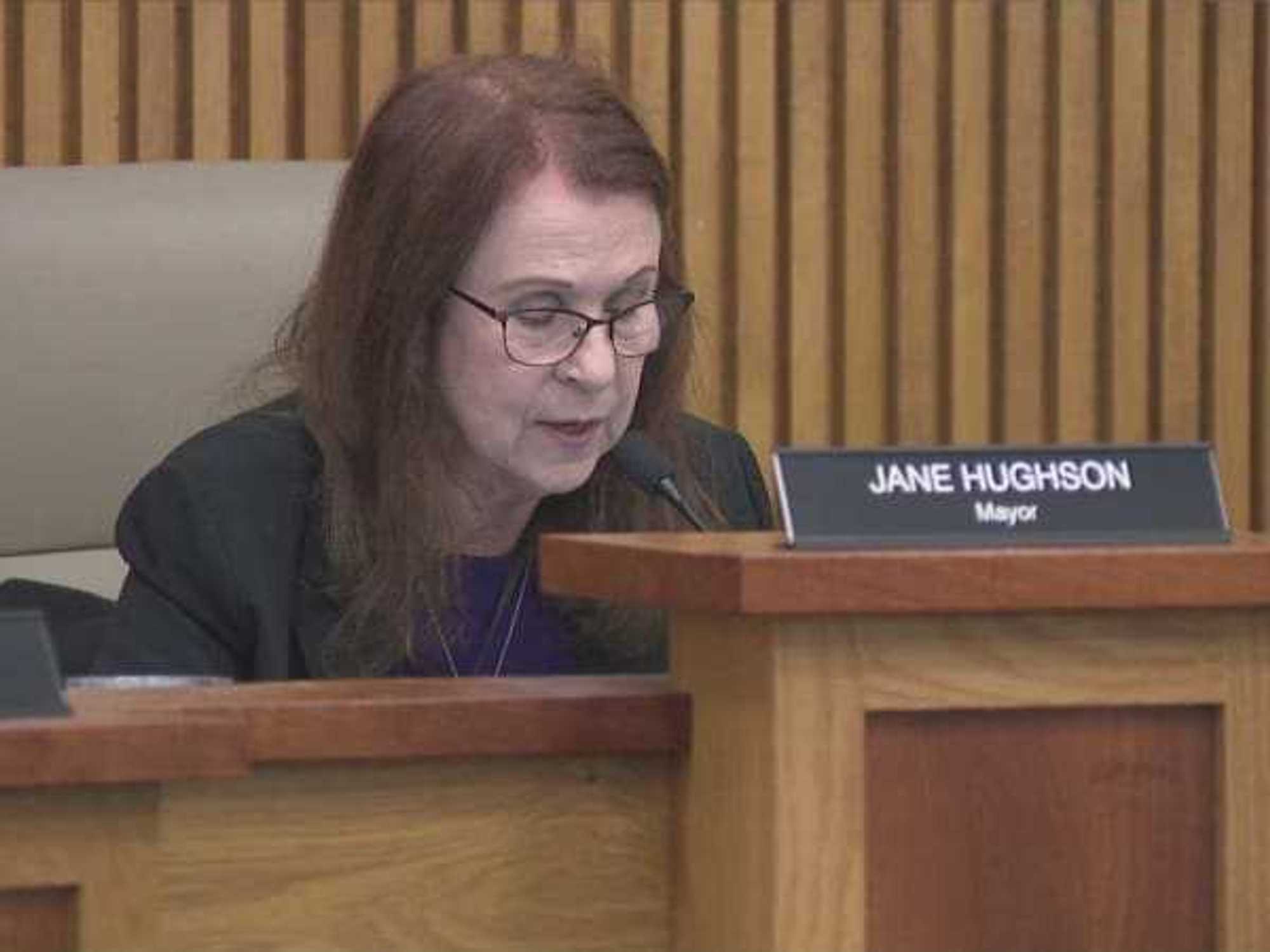Community conscience
Remembering Leslie Cochran: On being homeless in Austin
 Leslie Cochran
Leslie Cochran Photo by Brian Birzer
Photo by Brian Birzer- Photo by Joe Faina
 Photo by Ed Zavala/ KXAN
Photo by Ed Zavala/ KXAN
As the city recovers from the madness of SXSW it can be easy to forget the events that happened on its eve. As the city was beginning to celebrate an iconic event it was also mourning the passing of an iconic person. Our beloved Leslie Cochran had passed away early in the morning on March 8th.
His passing drew national attention from both NPR and the New York Times. As a further testament to his impact on the city, a memorial walk that evening drew hundreds of attendees to Auditorium Shores while bars and restaurants posted signs in tribute.
Leslie was unlike most other homeless people in Austin
.
He was a favorite sight around town, his love of cross-dressing and reliance on the kindness of strangers made him the perfect icon of the "Keep Austin Weird" mentality. He had his own line of refrigerator magnets and an iPhone app. He also put his celebrity status to positive use, running for mayor of Austin several times and working as an outspoken critic of how police treat the homeless.
In announcing the passing of Leslie, CultureMap Editor-in-Chief Kevin Benz offered a moving glimpse of what Cochran meant to the city of Austin. Commenting on the city council's declaration of March 8th as "Leslie Cochran Day" Benz stated, "It's appropriate the city's leaders recognize this poor, homeless, cross-dressing, thong-wearing weirdo; because Leslie was our homeless, cross-dressing, thong-wearing weirdo. And he made Austin better by being here." Those sentiments certainly captured the feelings many have toward Leslie. That Austin could hold a man like Leslie in such high regard is surely a testament to what we have created here in the capital of Texas.
In his tribute, Benz offered some questions to consider about Leslie's impact on us. "Did he bring attention to the plight of the homeless or did he make it easier for us to ignore them as kooky and entertaining folk who made a choice? It doesn't matter right now." Perhaps enough time has passed that we can now reflect on that thought.
So what does a post-Leslie world look like for the treatment of the homeless in Austin? So far, it's not good.
First, a significant number of homeless people remain in the area, most of whom do not have their own iPhone app. Reliable statistics are hard to come by, but a January 2011 report places the number around 4000 in Travis County with about $4 million in federal money allocated
to address the issue. Richard Troxell, president of Austin-based House the Homeless, has led a national campaign to end homelessness for over 20 years. His book, Looking Up at the Bottom Line: The Struggle for the Living Wage, has been widely praised for its insights into eradicating homelessness nationwide. Yet the problem persists.
Then there is the unfortunate story of advertising agency BBH using homeless people as mobile internet hotspots during SXSW. Though they were paid a small amount for their services, the move did not lead to the kind of national attention the agency, or the city, was hoping for. Even The Daily Show jumped into the fray to point out the absurdity in training the homeless to "become computer equipment" rather than "computer workers." This was not exactly the best move in a city that had just hosted a public memorial professing love and appreciation for a homeless man.
Finally, we should consider our own interactions with the homeless in Austin. There's a great bit in comedian Louis C.K.'s latest special where he considers giving up his first class seat for a soldier returning home from combat. He doesn't, but congratulates himself anyway for even having had the thought. As I consider the way many Austinites discuss what Leslie meant to the city and to the homeless community it is hard not to make similar comparisons.
During SXSW, the day after Leslie's memorial, I was standing in line at one of the dozens of food trucks dotting downtown. Like with so many of the mobile food vendors, the food was free and the lines were around the block. Unlike so many of them, there was a woman standing in line in front of me who looked as if she spent the majority of her nights outside. Though the truck was offering food for free with no badge requirement, she clearly looked nervous. She kept exiting the line, only to return a few minutes later, before exiting again.
This went on for some time and as we approached the front, the prospect of visibility proved too much for her and she left. Here was a person who spent much of her time being ignored by the public. Faced with the possibility of being publicly outed as homeless and she elected to disappear once again. In a line full of people waiting for free food they didn't need, during a festival touting the ability for technology to change the world for the better, here was someone in need. And like everyone else in that line I did nothing.
"At least I thought about it," I said to myself. Then I went about my day, partially satisfied that I even acknowledged this person. And she blended into the background as thousands of people encroached upon the space where she lives.
Enough time has passed. We should be open to reflection on what the passing of Leslie Cochran means for Austin. I have offered mine. I am interested in hearing yours.

